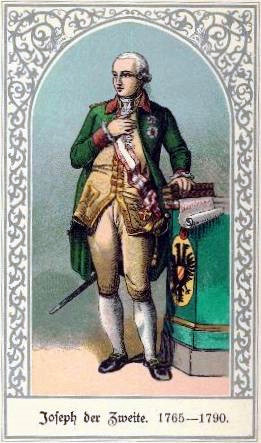One of the things I find striking about texts from the early history of Reform Judaism is how relevant they remain. In class this week, the issue of the reformers' motivations was raised several times. Did they just want to assimilate? Did they push reform for political reasons?
These somewhat cynical motivations certainly played a role. But I am convinced that the birth of Reform Judaism was motivated primarily by true religious commitment. Personally, I believe our founders were authentic in their belief that Judaism can and must change in keeping with the course of human history.
Their struggle for a meaningful Jewish experience in the modern context remains our struggle today. In his opening address to the Breslau Rabbinical Conference in 1846, Abraham Geiger described it this way:
The conditions are difficult, and confusion in religious affairs appears to be on the increase; despite this you are in this conference again making the courageous attempt to place the pure eternal content of Judaism in a form suited to the present and thus to breathe into it a new and powerful spirit. You wish to convince, to lead to the truth, not to forge bonds and fetters; you know full well that you do not appear here as guardians of consciences, that you have no sovereign power over the inalienable religious freedom of congregations and individuals; nay, you would repudiate such power were it to be offered you, for true religion can prosper and grow only in the atmosphere of freedom of conviction. (quoted in David Philipson, The Reform Movement in Judaism)
There are countless similar examples, romantic invocations of the spiritual and intellectual project of Reform Judaism. Perhaps they are better suited to their romantic era—but I can't help but feel that studying, reading, and hearing our ideological predecessors would give us a great sense of purpose, pride, and identity as Reform Jews.
